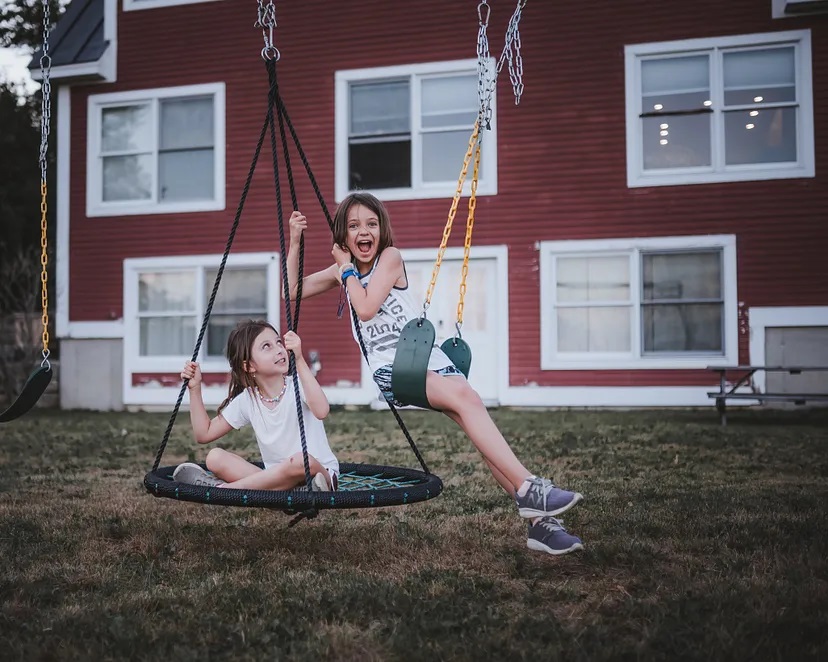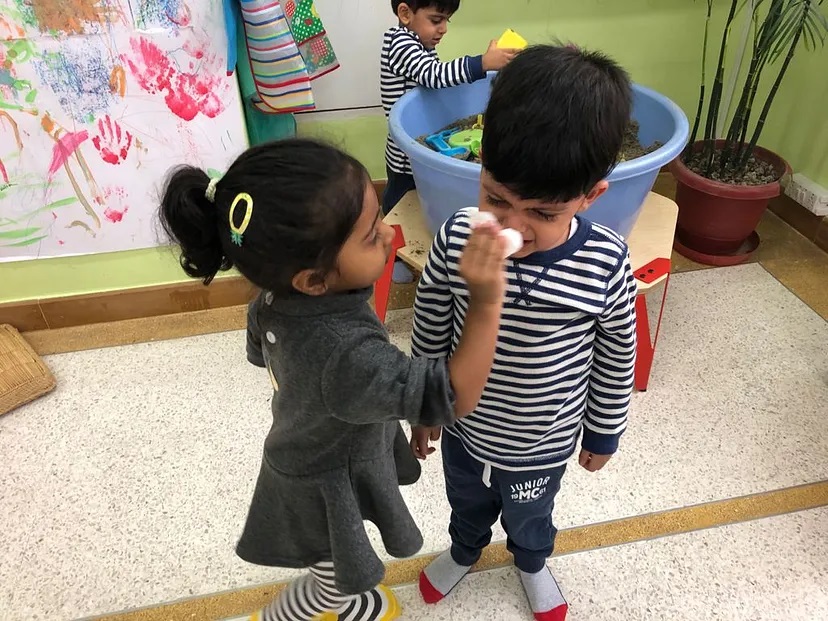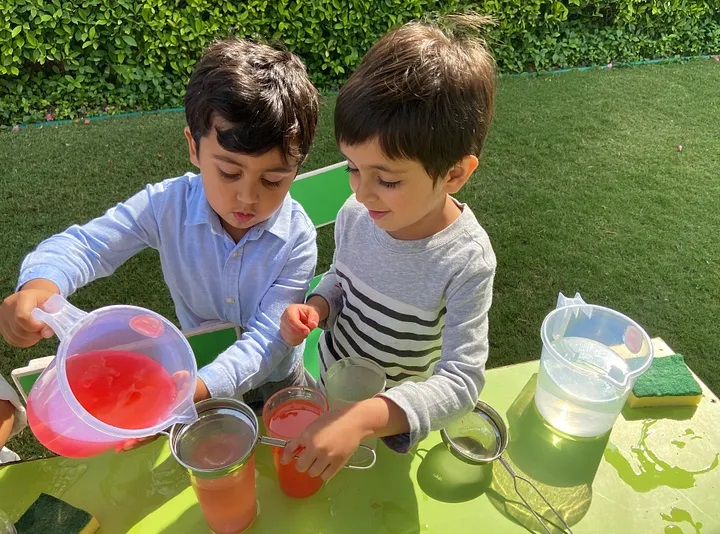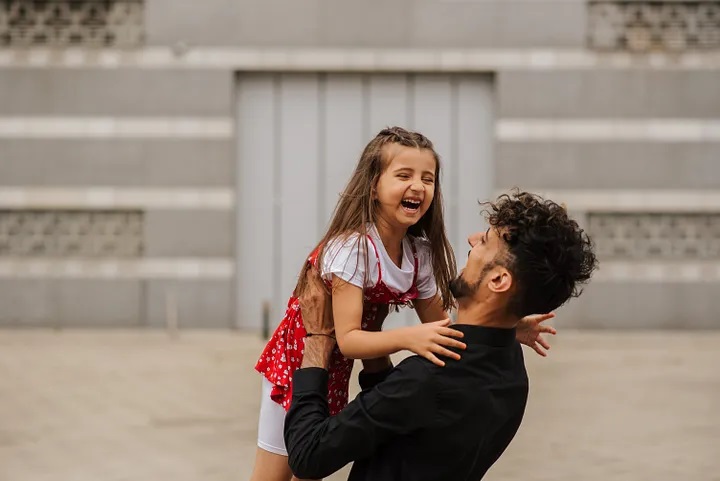Blog / What Children Need As They Go Back To School- Learning Matters
What Children Need As They Go Back To School- Learning Matters
Published December 19, 2025 |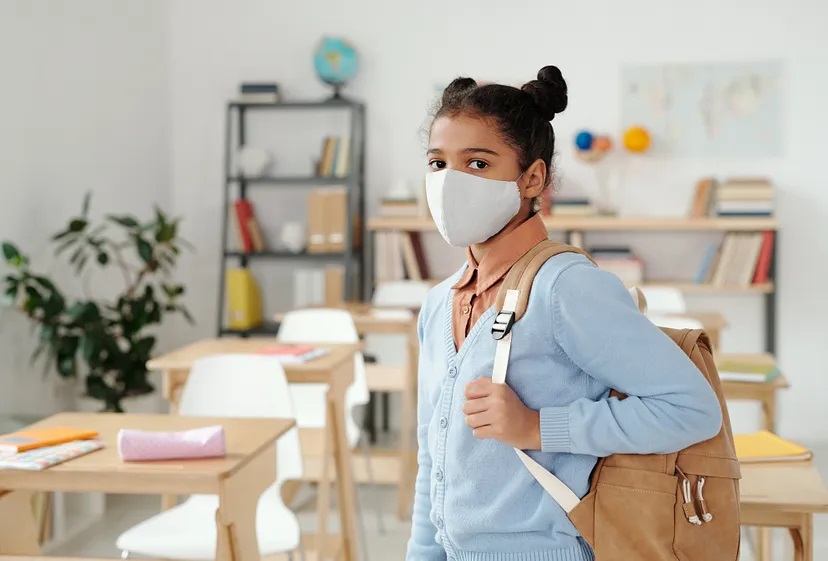
Schools are beginning to reopen in many parts of India. Yet, this is not the usual return to school after a vacation.
The past year and a half have changed the way children study, socialise and play — an experience that resulted in an unprecedented level of mental and emotional difficulties.
So, as children, their caregivers, and school authorities begin to prepare to go back to school, once again it will require a great deal of adjustment for all those involved.
Research points out that children need predictability in order to feel emotionally safe and in control.
Being aware of what’s going to happen next — waking up in the morning, playtime with siblings or friends, lunchtime, afternoon nap, etc. — helps children feel grounded about their day ahead.
Since resuming school once again will amount to major and sudden changes, children will most likely feel separation anxiety or overwhelming emotions.
Here’s a guide for parents and teachers to help children make a smooth transition as they head back to school.
1. Set Realistic Expectations:
Transitioning into new surroundings after one and a half years of a pandemic might be a rocky experience for the child — physically, emotionally, and mentally — hence, parents and teachers must co-create realistic expectations with the child.
Start with communicating your needs with the children, and empathising with theirs. Setting up the conversation might sound like,
“I know you have met each other after a long time, and you want to chat with your friends. So, let’s begin our mornings with talk time. We can come together to share our thoughts and feelings on anything that is important to us. Post our talk time, we can begin with our lesson. OK?”
or
“I was thinking we can all go outdoors to have our lunch together. What do you think?”
According to a guide by the Mental Health Foundation, it’s important to give children the message that returning to school is a big thing and you understand that.
Emphasise creating spaces for children where they can interact with you or their peers without feeling intruded or imposed upon.
2. Offer Support:
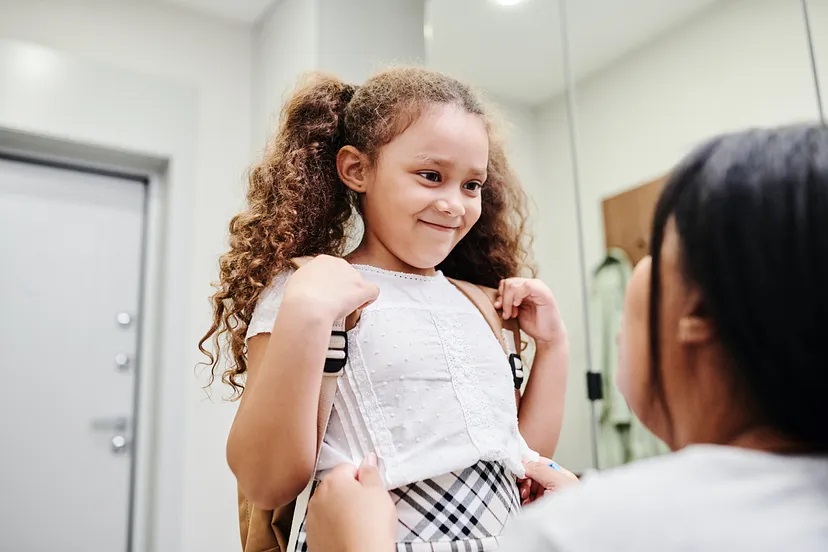
For children returning to school after an unstructured routine, a high variance from their usual behaviour is normal.
Hence, as educators, we need to be cognizant of maintaining regular emotional and academic check-ins with the child.
A way of reaching out to children can be encouraging them to participate in low-stakes assessments such as learning-related games and quizzes.
The results will also help the teacher gauge how much support or clarification a student may need, how much time should be spent reviewing material, and what new topics can be covered, according to a report by Edutopia.
From weekly check-ins with parents to creating more space for extra-curricular interaction, as a caregiver, it is essential to identify, co-create and practice differentiated coping strategies for each child.
For instance, if a child is struggling to make friends, encourage them to have playdates or movie nights with them.
3. Re-define Learning:
This is absolutely indispensable. After a change as massive as a pandemic, we cannot go on teaching and learning like we used to.
To help children embrace these changes smoothly, we need to re-define the pedagogy to include more holistic learning approaches to equip them with better life skills such as interpersonal skills, problem-solving, time management, building empathy and compassion.
According to Christina MacLean, a psychologist with P.E.I.’s Public Schools
Branch,
“I think it’s really important to certainly discuss any issues that a child might be concerned about, but really focus on [giving] the children the tools that they might need.”
You can do so by encouraging the child to demonstrate active social-emotional skills like,
“When your friend was afraid to play, what did you do to make them feel comfortable?”,
or engaging them in devising solutions for their problems like,
“If you aren’t able to wake up in the morning for school, what do you suggest would help you wake up on time?”
At this point, we don’t need one dedicated class period for life skills or moral science skills.
Rather, schools, especially when dealing with young children, should embed these even in the content areas like math and science, language arts etc.
4. Give room to decompress:
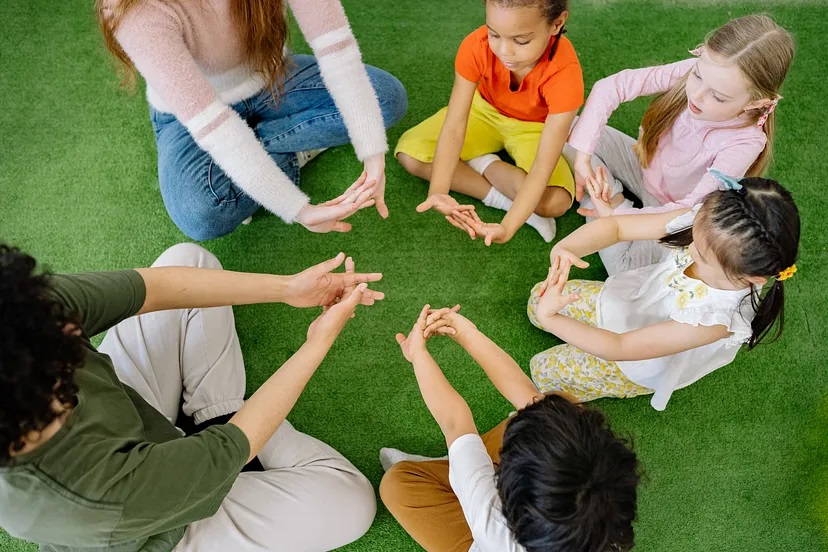
Create spaces for therapeutic activities in the daily routine for children to decompress.
This could include playing outdoors, interacting with nature, engaging in a hobby, or simply having a conversation with the caregivers.
Encourage the child to play in an unstructured manner — without any adult supervision — as it helps them reconnect with their emotions, process, and channelise their feelings to reduce anxiety.
Reading a book that relates to emotions, or watching a show can help the child feel calmer about the situation and process it better.
A back-to-school guide shared by UNICEF suggests creating a safe environment for your children to express their feelings to you.
While creating a sharing space for the child, it’s also important to acknowledge the child’s communication style — some children might enjoy a verbal conversation about their feelings, some may prefer sharing their feelings through art, etc.
5. Talk Openly:
Children understand that the world around them has changed in significant ways during and after the pandemic.
Encourage them to ask questions and express their queries about the events that unfolded, talk about how it made them feel and how we can process our emotions better in such trying times.
Children’s feelings need to be acknowledged, voiced, and valued. They also need authentic answers.
Helping them understand the world around them will make them more open to acquiring the tools and skills they need to cope with changes in the future too.
Conclusion:
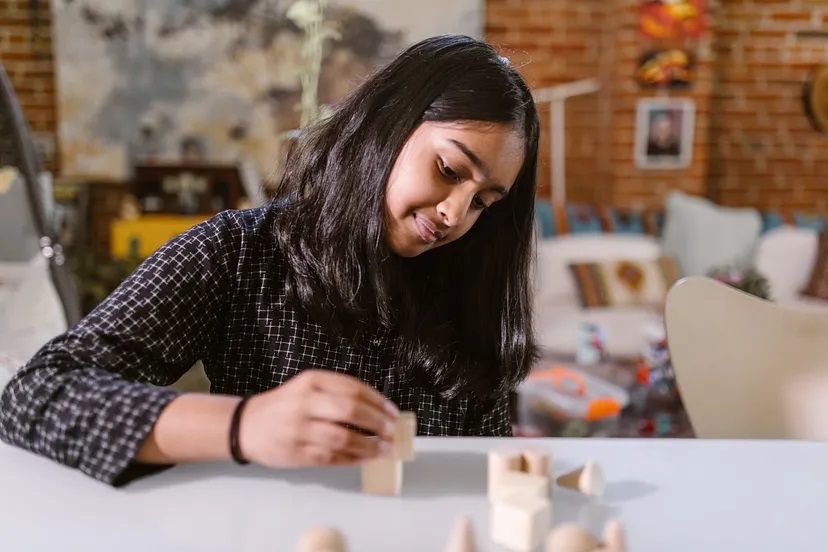
A post-pandemic world is not easy on anyone and especially difficult on children, who may now be expected to return to offline school.
As their guardians, we must empathise with them and give them the tools to deal with whatever comes up for them during the transition phase.
A holistic and values-based approach is the need of the hour. Children need to be equipped with essential life skills in order to make sense of the world around them.
Further, listening to and understanding their feelings, taking feedback from them on what their expectations are, and introducing any changes slowly and systematically are the best ways to help our young ones cope with returning to school.
You may read more about Learning Matters’ programs here.

